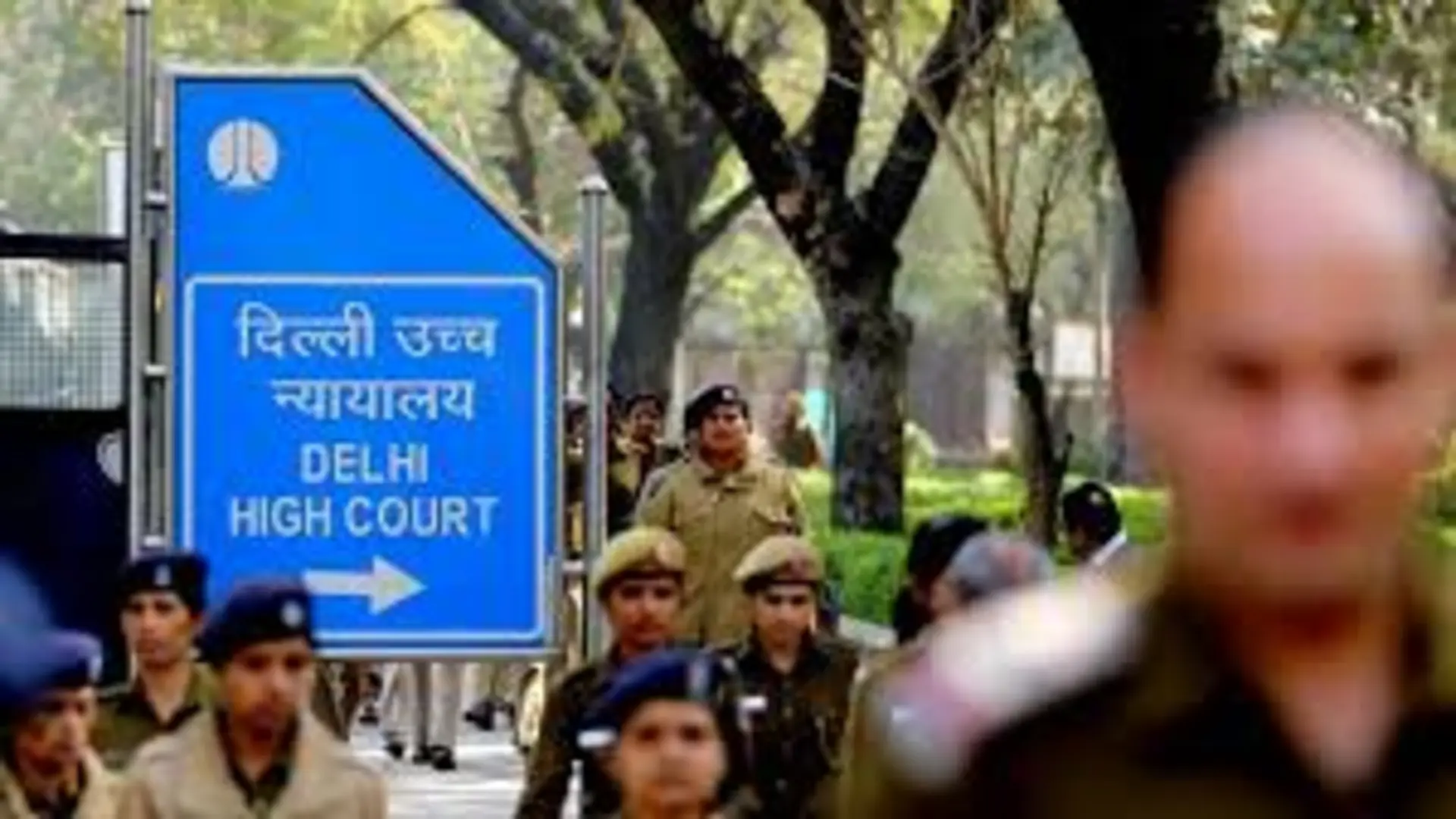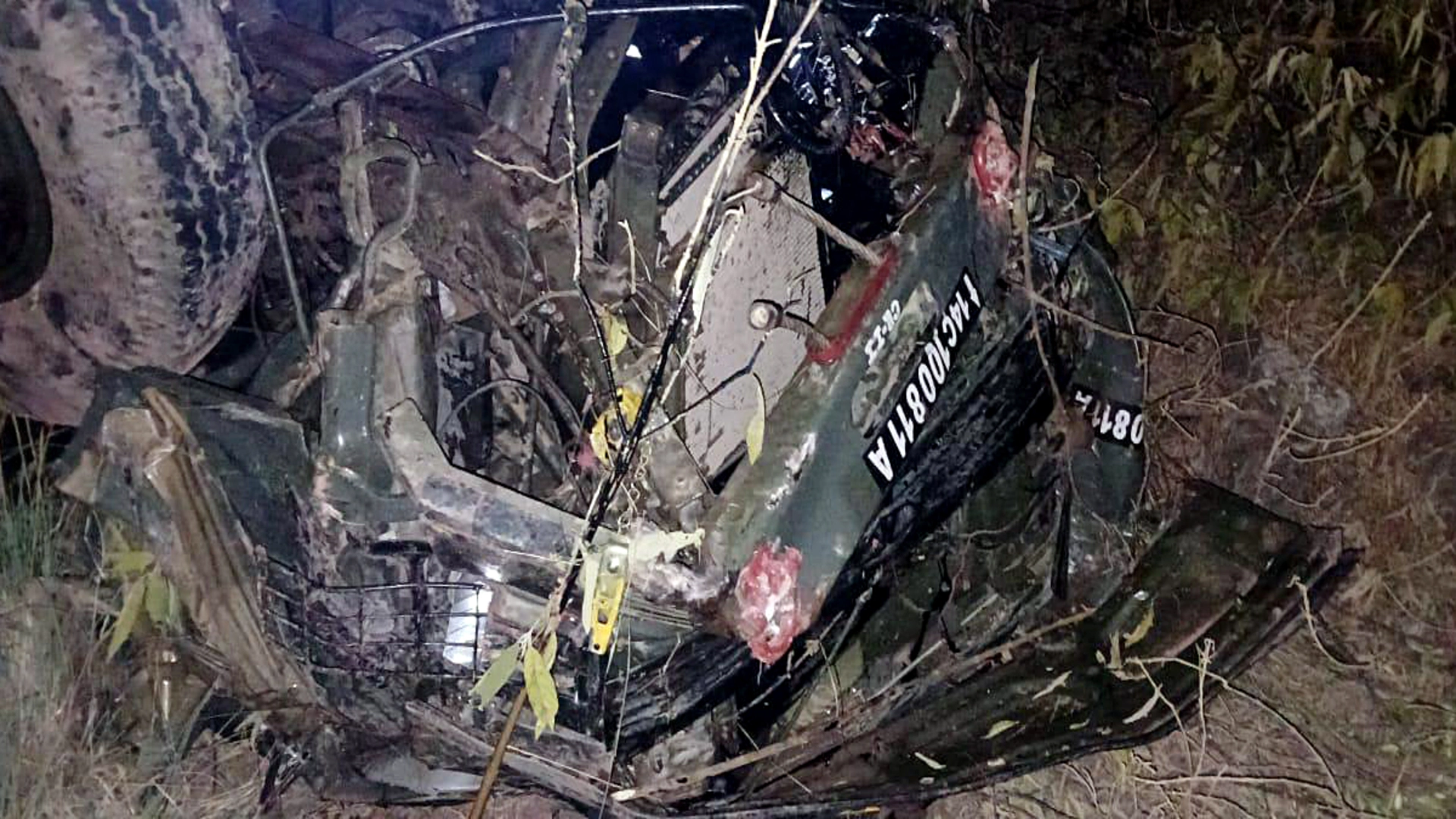The primary step in any criminal case is taking cognisance of the offence. By taking cognisance it is meant to take judicial note of an offence. Only after taking the cognisance of offences, the judiciary comes into picture. If we apply the dictionary meaning it simply refers to becoming aware or getting the knowledge of any such offences. This was also enunciated by the apex court, in the case of R.R.Chari v. State of U.P were it defined it as the application of judicial mind. Section 190- 199 of the Code of Criminal Procedure, 1973 describe the methods by which, and the limitations subject to which, various criminal courts are entitled to take cognizance of offences. Section 190 (1) states about the powers and conditions under which any magistrate of first and second class specifically empowered in this behalf can take cognizance
The word cognizance has nowhere been defined in the Code. The definition of cognizance has been derived from the case laws. According to the legal dictionary the meaning of cognizance is as under-
The power, authority, and ability of a judge to determine a particular legal matter. A judge’s decision to take note of or deal with a cause. In simple words, the word cognizance can be defined as cognizance means exercise of a judicial discretion to proceed with the case.
As per black law dictionary “Cognizance” –
1) A court’s right and power to try and to determine cases; JURISDICTION.
2) The taking of judicial or authoritative notice.
3) Acknowledgment or admission of an alleged fact; esp. (hist), acknowledgment of fine
(Bryan A. Garner (Editor in chief) BLACK’S LAW DICTIONARY 10th edition)
The word “cognizance” has no esoteric or mystic significance in criminal law or procedure. It merely means “become aware of” and when used with reference to a court or judge, “to take notice judicially” [Ajit Kumar Palit v. State of W.B., (AIR 1963 SC 765).
Taking cognizance does not involve any formal action, or indeed action of any kind, but occurs as soon as a Magistrate, as such, applies his mind to the suspected commission of an offence for the purpose of proceeding to take subsequent steps (under Section 200 or Section
202, or Section 204) towards inquiry and trial [Darshan Singh Ram Kishan v. State of Maharashtra, (1971) 2 SCC 654]. However, when a Magistrate applies his mind not for the purpose of proceeding as mentioned above, but for taking action of some other kind, for example, ordering investigation under Section 156(3), or issuing a search warrant for the purpose of investigation, he cannot be said to have taken cognizance of the offence [Tula Ram v. Kishore Singh, (1977) 4 SCC 459]. The word “cognizance” has been used in the Code to indicate the point when the Magistrate or a judge first takes judicial notice of an offence [Gopal Marwari V. Emperor, (1944) 45 Cri LJ 177].
TAKING OF COGNISANCE
Meaning of what is “taking cognizance” has not been defined in the Criminal Procedure Code. However, it can be said that any Magistrate who has taken cognizance under Sec. 190 (1) (a), Cr. P.C., he must not only have applied his mind to the contents of the petition, but he must have done so for the purpose of proceeding in a particular way as indicated in the subsequent provision i.e., proceedings under Section 200, and thereafter sending it for inquiry and report under Section 202. It can be said that before a Magistrate takes cognizance of an offence, he must have applied his mind for the purpose of proceeding in a particular way as indicated in the subsequent provision. When a Magistrate applies his mind not for the purpose of proceeding under the subsequent sections but for taking action of some other kind, e.g., ordering an investigation under Section 156 (3) or issuing a search warrant for purposes of investigation, he cannot be said to have taken cognizance of. As to when a cognizance is taken will depend upon the facts and circumstances of each case and it is not possible to define what is meant by it. It is only when a Magistrate applies his mind for purposes of proceeding under Section 200 and subsequent sections of Chapter XV (XVI old) or under Sec. 204 of Chapter XVI (XVII old) of the Code that it can be positively stated that he has applied his mind and, therefore, he has taken cognizance [Narayan Das Bhagwan Das v. State of West Bengal, AIR1959 SC 1118]
MAGISTRATE NOT BOUND BY OPINION OF INVESTIGATING OFFICER
One of the courses open to the Magistrate is that instead of exercising his discretion and taking cognizance of a cognizable offence and following the procedure laid down under Section 200 or Section 202 of the Code, he may order an investigation to be made by the police under Section 156(3) of the Code, which the learned Magistrate did in the instant case. When such an order is made, the police is obliged to investigate the case and submit a report under Section 173 (2) of the Code. On receiving the police report, if the Magistrate is satisfied that on the facts discovered or unearthed by the police there is sufficient material for him to take cognizance of the offence, he may take cognizance of the offence under Section 190 (l)(b) of the Code and issue process straightway to the accused. However, Section 190 (l) (b) of the Code does not lay down that a Magistrate can take cognizance of an offence only if the investigating officer gives an opinion that the investigation makes out a case against
Under section 190(1) (a), a Magistrate can take cognizance upon receiving a complaint. But the question as to whether the Magistrate has taken cognizance of the offence depends upon the steps taken afterwards. If he applies his mind to proceed with the complaint under sections
200 to 203, he must be said to have taken cognizance; whereas if he applies his mind to the complaint and proceed under section 156(3) or section 93, he cannot be said to have taken cognizance of the offence (K.N.C. Pillai, R. V. Kelkar’s Criminal Procedure, Sixth Edition, Eastern Book Company, 2015)
The reference can be drawn from the cases below-
(1)- Superintendent & Remembrancer of Legal Affairs vs. Abani Kumar Banerjee, AIR1950 Calcutta 437
(2)- Narayandas Bhagwandas Madhavdas v. State of West Bengal, (1960) 1 SCR 93
(3)- Ajit Kumar Palit v. State of W.B. & Anr., (1963) Supp (1) SCR 953;
(4)-Hareram Satpathy v. Tikaram Agarwala & Anr., (1978) 4 SCC 58
(5)- Bhushan Kumar vs. State (N.C.T. of Delhi), (2012)2 SCC(Cri.)872
When a written complaint disclosing an offence is filed before a Magistrate or Court, as the case may be, under chapter XV of the code, as soon as the Magistrate registers that complaint for recording the statements of the complainant and the witnesses present, if any, under section 200 of the Code, the Magistrate is deemed to have taken cognizance.
The important judgment of Hon ‘ble Supreme Court on this topic is
S.K. Sinha, Chief Enforcement officer vs Videocon International Ltd. & Ors, 2008 (61) ACC 371 SC.
Since the Hon’ble Apex Court has discussed various case laws in the aforesaid judgment, hence, it will be appropriate to reproduce the relevant part of the judgment, herein below
“…12. The expression cognizance has not been defined in the Code. But the word (cognizance) is of indefinite import. It has no esoteric or mystic significance in criminal law. It merely means become aware of and when used with reference to a Court or a Judge, it connotes to take notice of judicially. It indicates the point when a Court or a Magistrate takes judicial notice of an offence with a view to initiating proceedings in respect of such offence said to have been committed by someone. Taking cognizance does not involve any formal action of any kind. It occurs as soon as a Magistrate applies his mind to the suspected commission of an offence. Cognizance is taken prior to commencement of criminal proceedings. Taking of cognizance is thus a sine qua non or condition precedent for holding a valid trial. Cognizance is taken of an offence and not of an offender. Whether or not a Magistrate has taken cognizance of an offence depends on the facts and circumstances of each case and no rule of universal application can be laid down as to when a Magistrate can be said to have taken cognizance. Chapter XIV (Sections190-199) of the Code deals with Conditions requisite for initiation of proceedings. Section 190 empowers a Magistrate to take cognizance of an offence in certain circumstances. Sub-section(1) thereof is material and may be quoted in extenso.
1) Subject to the provisions of this Chapter, any Magistrate of the first class, and any Magistrate of the second class specially empowered in this behalf under sub-section (2), may take cognizance of any offence
(a) upon receiving a complaint of facts which constitute such offence; (b) upon a police report of such facts;
(c) upon information received from any person other than a police officer, or upon his own knowledge, that such offence has been committed.
13. Chapter XV (Sections 200-203) relates to Complaints to Magistrates and covers cases before actual commencement of proceedings in a Court or before a Magistrate. Section 200 of the Code requires a Magistrate taking cognizance of an offence to examine the complainant and his witnesses on oath. Section 202, however, enacts that a Magistrate is not bound to issue process against the accused as a matter of course. It enables him before the issue of process either to inquire into the case himself or direct an investigation to be made by a Police Officer or by such other person as he thinks fit for the purpose of deciding whether there is sufficient ground for proceeding further. The underlying object of the inquiry under Section 202 is to ascertain whether there is prima facie case against the accused. It thus allows a Magistrate to form an opinion whether the process should or should not be issued. The scope of inquiry under Section 202 is, no doubt, extremely limited. At that stage, what a Magistrate is called upon to see is whether there is sufficient ground for proceeding with the matter and not whether there is sufficient ground for conviction of the accused.
14. Then comes Chapter XVI (Commencement of proceedings before Magistrates). This Chapter will apply only after cognizance of an offence has been taken by a Magistrate under Chapter XIV. Section 204, where under process can be issued, is another material provision which reads as under:
204. Issue of process.- (1) If in the opinion of a Magistrate taking cognizance of an offence there is sufficient ground for proceeding, and the case appears to be
(a) a summons-case, he shall issue his summons for the attendance of the accused, or
(b) a warrant-case, he may issue a warrant, or, if he thinks fit, a summons, for causing the accused to be brought or to appear at a certain time before such Magistrate or (if he has no jurisdiction himself) some other Magistrate having jurisdiction.
(2) No summons or warrant shall be issued against the accused under sub- section (1) until a list of the prosecution witnesses has been filed.
(3) In a proceeding instituted upon a complaint made in writing, every summons or warrant issued under sub- section (1) shall be accompanied by a copy of such complaint.
(4) When by any law for the time being in force any process-fees or other fees are payable, no process shall be issued until the fees are paid and, if such fees are not paid within a reasonable time, the Magistrate may dismiss the complaint.
(5) Nothing in this section shall be deemed to affect the provisions of section 87.
15. From the above scheme of the Code, in our judgment, it is clear that Initiation of Proceedings, dealt with in Chapter XIV, is different from Commencement of Proceedings covered by Chapter XVI. For commencement of proceedings, there must be initiation of proceedings. In other words, initiation of proceedings must precede commencement of proceedings. Without initiation of proceedings under Chapter XIV, there cannot be commencement of proceedings before a Magistrate under Chapter XVI. The High Court, in our considered view, was not right in equating initiation of proceedings under Chapter XIV with commencement of proceedings under Chapter XVI.”
In Devarapalli Lakshminarayana Reddy & Ors. v. V. Narayana Reddy & Ors., (1976)
3 SCC 252, Court Observed
“It is well settled that when a Magistrate receives a complaint, he is not bound to take cognizance if the facts alleged in the complaint, disclose the commission of an offence. This is clear from the use of the words “may take cognizance” which in the context in which they occur cannot be equated with must take cognizance”. The word “may” gives discretion to the Magistrate in the matter. If on a reading of the complaint he finds that the allegations therein disclose a cognizable offence and the forwarding of the complaint to the police for investigation under Section 156(3) will be conducive to justice and save the valuable time of the Magistrate from, being wasted in enquiring into a matter which was primarily the duty of the police to investigate, he will be justified in adopting that course as an alternative to taking cognizance of the offence, himself.
This raises the incidental question: What is meant by “taking cognizance of an offence” by a Magistrate within the contemplation of Section 190?. This expression has not been defined in the Code. But from the scheme of the Code, the content and marginal heading of Section 190 and the caption of Chapter XIV under which Sections 190 to 199 occur, it is clear that a case can be said to be instituted in a Court only when the Court takes cognizance of the offence alleged therein. The ways in which such cognizance can be taken are set out in Clauses (a), (b) and (c) of Section 190(1). Whether the Magistrate has or has not taken cognizance of the offence will depend on the circumstances of the particular case including the mode in which the case is sought to be instituted and the nature of the preliminary action, if any, taken by the Magistrate. Broadly speaking, when on receiving a complaint, the Magistrate applies his mind for the purposes of proceeding under Section 200 and the succeeding sections in Chapter XV of the Code of 1973, he is said to have taken cognizance of the offence within the meaning of Section190(1)(a). If, instead of proceeding under Chapter XV, he has in the judicial exercise of his discretion, taken action of some other kind, such as issuing a search warrant for the purpose of investigation, or ordering investigation by the police under Section 156(3), he cannot be said to have taken cognizance of any offence. [see also M.L. Sethi v. R.P. Kapur & Anr., (1967) 1 SCR
COGNISANCE TAKEN BY A MAGISTRATE NOT EMPOWERED
If any magistrate not empowered to take cognizance of an offense under S. 190(1)(a) and 190(1)(b), does erroneously in good faith take cognizance of an offense, his proceeding shall not be set aside merely on the ground of his not being empowered.
Purshottam Jethanand v. State of Kutch [9]: If a magistrate takes cognizance of an offense and proceeds with a trial though he is not empowered in that behalf and convicts the accused, the accused cannot avail himself of the defect and cannot demand that his conviction be set aside merely on the ground of such irregularity, unless there is something on the record to show that the magistrate had assumed the power, not erroneously and in good faith, but purposely having knowledge that he did not have any such power. On the other hand, if a magistrate who is not empowered to take cognizance of an offense takes cognizance upon information received or upon his own knowledge under. 190(1)(c) his proceeding shall be void and of no effect. In such a case it is immaterial whether he was acting erroneously in good faith or otherwise.
COGNISANCE OF OFFENCES BY COURT OF SESSION
No court of session shall take cognizance of any offense as a court of original jurisdiction unless the case has been committed to it by a magistrate under S. 193 of the Code. When an offense is exclusively triable by a court of session according to S.26 read with the First Schedule the Magistrate taking cognizance of such offence is required to commit the case for trial to the Court of Session after completing certain preliminary formality. Sometimes the posts of CJM and ADJ are held by one individual. In such a case the CJM was required to take cognizance and try economic offenses. It was ruled that S. 193did not apply to that case. For proper distribution of the work in the court of session and for administrative convenience, it has been provided that an Additional Session Judge or Assistant Session Judge shall try such cases as the Sessions Judge of the division may, by general or special order, make over to him for trial or as the High Court may, by special order, direct him to try under S.194 of the Code.
But it is very important to point out at this juncture that once the case is committed to the Sessions Court under Section 209 Cr.P.C, the embargo engrafted in Section 193 Cr.P.C is lifted and the Sessions Court assumes all jurisdictions which are vested with the court of Original jurisdiction including the power to summon such other co-accused persons who have not been charge-sheeted by the investigating officer. Reliance in this regard is placed upon the judgment of the Hon’ble Supreme Court in Kishun Singh v. State of Punjab, (1993) 2 SCC 16, the relevant extract of which is reproduced herein below for the kind consideration of this Hon’ble Court:
16. We have already indicated earlier from the ratio of this Court’s decisions in the cases of Raghubans Dubey [(1967) 2 SCR 423 : AIR 1967 SC 1167 : 1967 Cri LJ 1081] and Hareram [(1978) 4 SCC 58 : 1978 SCC (Cri) 496 : (1979) 1 SCR 349 : AIR 1978 SC 1568] that once the court takes cognizance of the offence (not the offender) it becomes the court’s duty to find out the real offenders and if it comes to the conclusion that besides the persons put up for trial by the police some others are also involved in the commission of the crime, it is the court’s duty to summon them to stand trial along with those already named, since summoning them would only be a part of the process of taking cognizance. We have also pointed out the difference in the language of Section 193 of the two Codes; under the old Code the Court of Session was precluded from taking cognizance of any offence as a court of original jurisdiction unless the accused was committed to it whereas under the present Code the embargo is diluted by the replacement of the words the accused by the words the case. Thus, on a plain reading of Section 193, as it presently stands once the case is committed to the Court of Session by a Magistrate under the Code, the restriction placed on the power of the Court of Session to take cognizance of an offence as a court of original jurisdiction gets lifted. On the Magistrate committing the case under Section 209 to the Court of Session the bar of Section 193 is lifted thereby investing the Court of Session complete and unfettered jurisdiction of the court of original jurisdiction to take cognizance of the offence which would include the summoning of the person or persons whose complicity in the commission of the crime can prima facie be gathered from the material available on record.
The Hon’ble Supreme Court in in Dharam Pal v. State of Haryana, (2014) 3 SCC 306 has authoritatively held that the language of Section 193 of the Code very clearly indicates that once the case is committed to the Court of Session by the learned Magistrate, the Court of Session assumes original jurisdiction and the Sessions Judge has jurisdiction to summon those persons shown in column 2 of the police report to stand trial along with those already named therein and it is absolutely fallacious to contend that the Sessions Court would have no alternative, but to wait till the stage under Section 319 Cr.P.C was reached. Thus, it becomes evident that upon committal of the case to the Sessions Court, the Court under Section 193 Cr.P.C has sufficient power to proceed to summon the accused not charge-sheeted against whom a prima facie case is made out.
CONCLUSION
The expression “to take cognizance” has not been defined in the code, nor does the code prescribed any special form of taking cognizance. The word “cognizance” is however, used in the code to indicate the point when the magistrate or judge takes judicial notice of an offence. It is a word of infinite import and is perhaps not always used in exactly the same sense. The expression ‘cognizance’ merely means ‘become aware of’ and when used with the reverence to a court or judge, it connotes ‘to take notice judicially’. It indicates the point when the court or a magistrate takes judicial notice of an offence with a view to point initiate proceeding in respect of such offence said to have been committed by someone. Taking cognizance” means cognizance of an offence and not of an offender. Once the magistrate takes cognizance of an offence. it is the duty to find who the offender really is and once he comes to the conclusion that apart from the person sent up by the police some other person is involved, it is his duty to proceed against those people. Thus, it is unfortunate to say that, the Magistrates, who have been repeatedly advised and guided by the Hon’ble Supreme Court to exercise great caution in taking cognizance, have abruptly failed in adhering to such guidance, as a result of which, the immersion of civil disputes with criminal charges is immensely growing with each passing day as reflected in the statistics furnished before the subordinate courts of India. Day in and day out, hundreds of such complaints have been entertained by some of the Magistrates and cognizance is taken. Humanly, it is impossible if there is proper application of mind. To conclude, as remarked by the Supreme Court, there is no special charm or any magical formula in the expression ‘taking cognizance’ which merely means judicial application of the mind of the Magistrate to the facts mentioned in the complaint with a view to take further judicial action.













